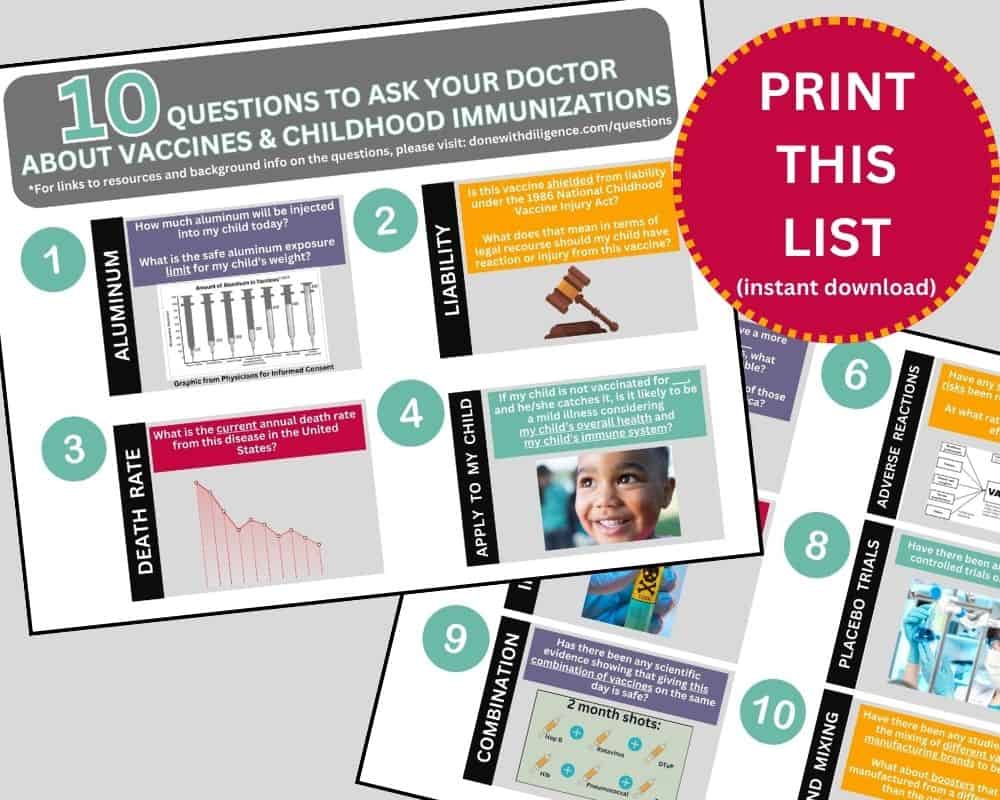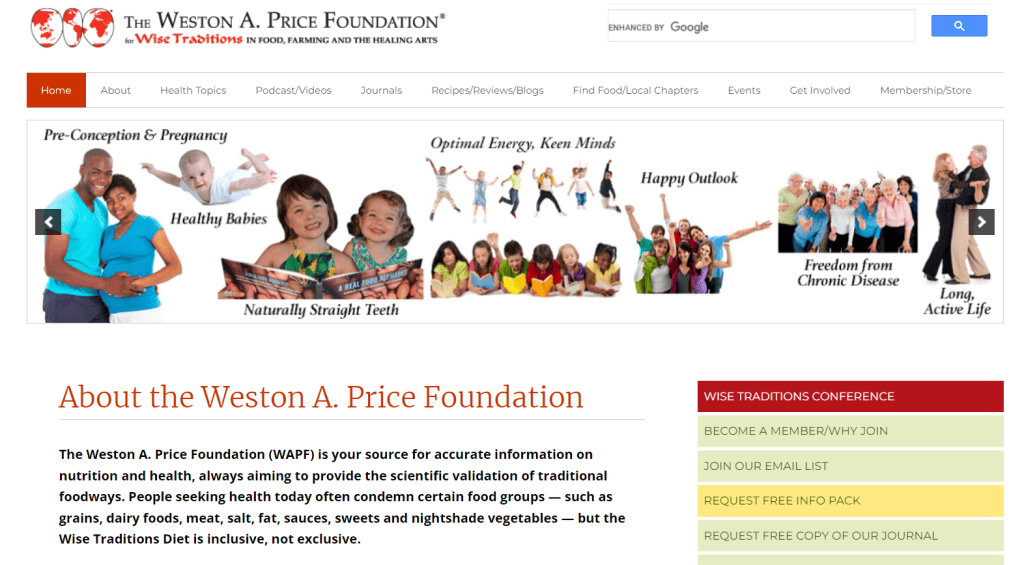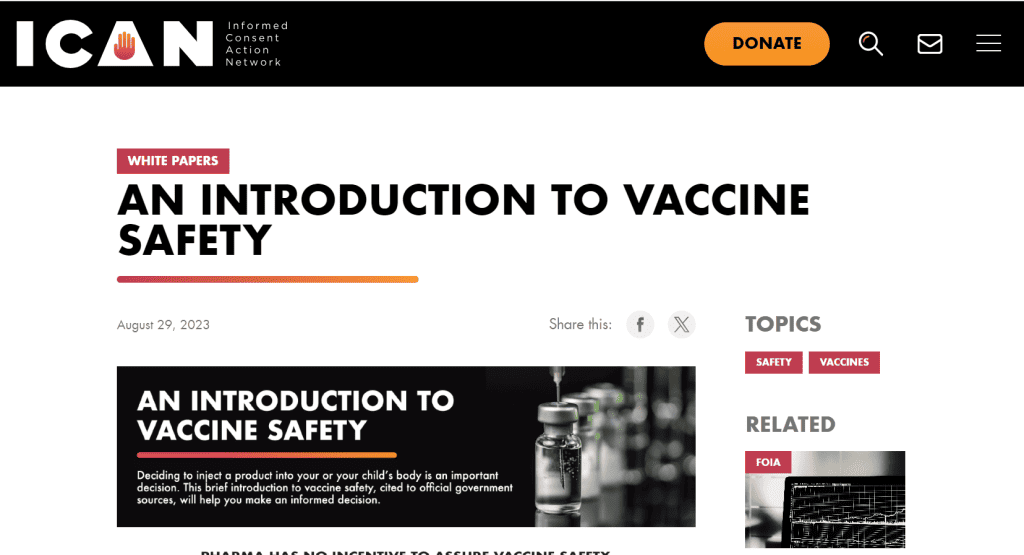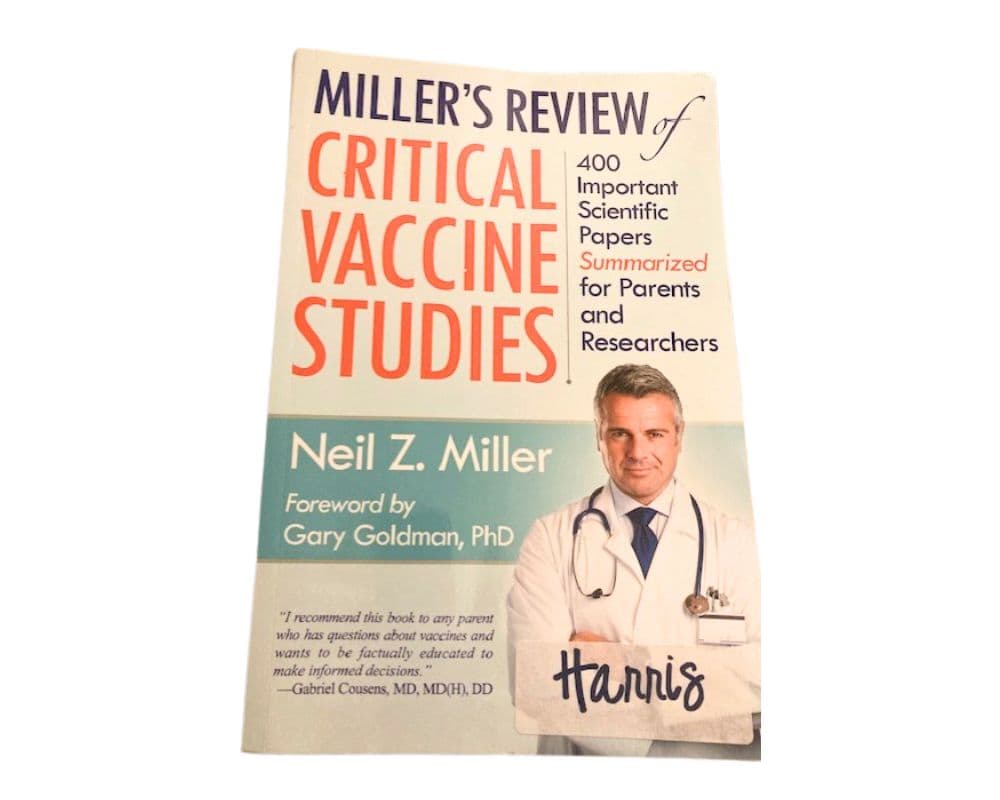Looking for well-cited, legitimate resources to help you learn the truth about vaccines? I’ve rounded up the best ones out there and linked them for you. No shady or questionable sources here. These resources link to journals, government data, and medical experts. Decisions you make regarding vaccination shouldn’t be willy-nilly, so the resources you use to get informed shouldn’t be willy-nilly either.
And just in case you feel crazy for even asking questions about childhood vaccines, let me remind you that, according to the journal Academic Pediatrics, 43% of children in the United States now have at least 1 chronic condition (source). When statistics like that face our children, mamas have a duty to ask hard questions, even when it comes to immunization practices.
Now, let’s roll up our sleeves, put on our thinking caps, ask the Lord for wisdom, and GO DO THIS. Our kids are counting on us to do it diligently.
(This article contains affiliate links. You can read more in my policies and disclaimers. Please remember that I am not a medical professional. I’m just a mom that seeks to make good, informed decisions for my family. Consider the information below a conversation between 2 friends. Consult a medical professional whenever it makes sense to do so.)
*Before I start my list of resources, here is a link to the CDC’s Recommended Child and Adolescent Immunization Schedule. It is important to be aware of this vaccination schedule when you begin your studies.
*In addition, here is a link to all of the vaccine package inserts. This is different than the one-page Vaccine Information Statements your doctor will offer you. It’s a resource all diligent mamas will need to access. Those one-pagers don’t have nearly enough information for you to make an informed decision, so always ask for the package insert instead. And the easiest place to review a list of ingredients in each vaccine can be found on this page of the CDC’s website.
You might be interested in my companion article called 10 Questions to Ask Your Doctor about Childhood Vaccines.
Resources for the Mama that Has Questions about Vaccines
1. Weston A. Price Foundation– I’m putting this article first on the list because it is a great overview of the main points surrounding the vaccine debate. It will bring you up to speed on terms like “adjuvants” and “VAERS” (the Vaccine Adverse Event Reporting System), which will be important to understand as you begin looking further into this topic. Another strong-point of this article is that it does a very concise job of explaining where we are in our studies of the childhood immunization schedule. Many parents are shocked to learn that there are no studies on the synergistic effects of giving multiple shots on the same day as recommended on the the schedule. Likewise, there are no safety studies on the schedule as a whole and the cumulative effect of mixing different brands for different shots on the schedule.
This article presents its information in a very factual manner, leaving persuasive language out of the equation. It also uses numerical citations throughout the text and lists all of its references at the end of the article, making it easy to dig further on your own. The sources referenced include HHS, FDA, EPA, and numerous professional journal articles.
2. The Vaccine Conversation “Jeopardy Grid”– I’ve given this resource the nickname of “The Jeopardy Grid” because that is exactly what it reminds me of! This grid features many FAQ’s in a visually-simplified format. You simply click on the question of interest, and you are taken to a short video clip that features pediatrician Dr. Bob Sears and informed-consent advocate Melissa Floyd, co-hosts of The Vaccine Conversation Podcast. This resource is a great way to get additional information about childhood immunizations because you can take in one bite at a time. If you are easily overwhelmed by lots of information at one time, you’re going to appreciate this resource. You can revisit it over and over as time allows until you have the answers you are looking for.
3. I.C.A.N. Decide White Papers– These White Papers are another resource that carefully links you back to all of their sources for the information presented. I recommend starting with “An Introduction to Vaccine Safety“. It does a great job of explaining vaccine manufacturer’s freedom from liability due to the 1986 National Childhood Vaccine Injury Act. It also walks you through the main points related to pre-licensure safety studies and post-licensure safety monitoring, which are both intended to be a vaccine safety net.
Furthermore, the I.C.A.N. Decide (Informed Consent Action Network) is doing ongoing work that is worth following. They have a team of lawyers that is constantly submitting FOIA (Freedom of Information Act) Requests to our government agencies. They are using these FOIA’s to check behind the claims that are repeated to us regarding childhood vaccinations. I won’t go into the results of those FOIA’s here, but I will just tell you that what they’ve uncovered has been pretty sobering. If you are curious, here is an example of one FOIA where I.C.A.N. filed a lawsuit against the CDC related to autism.
4. National Vaccine Information Center– There are so many good resources on this website. If you are looking for legal information surrounding vaccines for your state (such as requirements and exemptions) this is a great source of information. In addition, the NVIC has a page dedicated to each of the infectious diseases for which there is a vaccine. For example, it features a pertussis (whooping cough) vaccine page, a hpv vaccine page, a rotavirus vaccine page, and more. Each page outlines quick facts concerning BOTH the disease and the vaccine. Pay special attention to the prevalence of the the disease and the number of deaths in the United States BEFORE the vaccine hit the market and after. In many cases, there was already a dramatic decrease of severe illness before the vaccine even came along. This resource also links you directly back the the government’s own VAERS database so that you can see the current number of reported adverse reactions related to that particular vaccine. Comparing the risks of contracting contagious diseases versus the serious side effects noted in the vaccine’s literature is an important step to take.
5. The Vaccine Conversation- Episode 9 – Overview of Vaccines and Diseases for Infants – Part 1: 0-6 Months Old– This particular podcast is SO helpful! Dr. Bob Sears goes through each of the vaccine recommendations on the CDC’s childhood vaccine schedule from birth to 6 months (there is another episode for 6-12 month recommendations). He explains the statistics surrounding each disease, the treatment options available and success rate for treatment, and the statistics surrounding the safety and efficacy of the vaccine. Thinking through each vaccine, one-by-one like this, rather than making a swooping decision to take all or none is one of the best ways to make wise decisions. No doubt, some of these can be deadly diseases, but one must remember that the vaccines can be deadly in certain cases too. Neither option is 100% safe. Most health care providers don’t have the time it takes to go into this much detail during a regular well-visit appointment. So, definitely take advantage of Dr. Sears professional input!
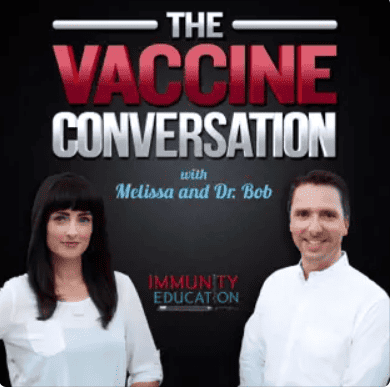
6. Your Jabs Google Document– A very diligent mom out there has compiled all of her research (144 pages worth!) into a single Google document and made it shareable. She covers everything from the history of vaccines to vaccine injury court to herd immunity. She also has information on different vaccines such as the flu shot, the polio vaccine, and the MMR vaccine. Two of my favorite things about this resource are that it is very organized AND every source she references is linked. Her sources are government health agencies, medical expert interviews, published journal articles, and national news clips.
7. Dissolving Illusions: Diseases, Vaccines, and the Forgotten History book by Dr. Suzanne Humphries- Here is a quote from Dr. Humphries’ own website: “Dr. Humphries is a conventionally educated medical doctor who was a participant in conventional hospital systems from 1989 until 2011 as an internist and nephrologist. She left her conventional hospital position in good standing, of her own volition in 2011. Since then, she’s been furthering her research into the medical literature on vaccines, immunity, history, and functional medicine.”
Dr. Humphries uses her book to unravel myths we’ve come to believe surrounding the history of vaccines in eradicating disease. She uses charts, graphs, and well-sited resources to make her points about widespread vaccination. I was able to borrow her book from my local library, which might be an option for you, too. And if you’d prefer to listen to her speak, she has numerous recorded presentations available where she covers many of the same topics mentioned in her book.
8. Documentaries Vaxxed and The Greater Good– There is a good chance that by the time you read this article, the links for these 2 documentaries won’t work correctly. If so, just hop over to rumble.com and search for them again. When I first started asking questions about vaccines, a friend recommended both of these documentaries to me. My husband and I watched them together over the course of a week or so, and it was definitely a turning point for us. While neither of these documentaries provides all of the information a parent would need to make a diligent decision, they are a great tool to get you talking. And after that pot has been stirred a bit, you can use the other resources I’m sharing to find reliable information.
9. Miller’s Critical Review of Vaccine Studies book by Neil Z. Miller- This book is simply a complication of available research on routine immunizations. While the book is several years old now (2016), it is still very relevant. The studies he presents are organized by disease, but he also covers particular vaccine ingredients like thimerosal (mercury) and aluminum. He also looks at studies surrounding the demographics of the under-vaccinated and completely unvaccinated. It is fascinating book that makes jumping to the published research so easy. And if you are concerned about the accuracy of a non-federal website, simply plug his citations into your search engine and view them directly from the government website.
10. Physicians for Informed Consent handouts– I love these to-the-point handouts! As you are evaluating each vaccine individually, be sure to use this resource. You can jump straight to the “vaccine-preventable diseases” you are considering and read a concise Disease Information Statement and a Vaccine Risk Statement. They include statistics, charts, and graphs, and all of their references. These would be perfect for printing out and carrying to your appointment with you. The information is well organized, so you could jump straight to parts of the document as you talk to your healthcare provider.
*Bonus Resource: Faithful_Free_Momma on Instagram– I was hesitant to put a reference to social media on my list, and I’m sure most health professionals would come unglued that I even mentioned Instagram, but hear me out! Sometimes it is less-intimidating to take in your information a little here and a little there. By just following along with her account, she’ll slowly feed you lots of good information. And here’s the important part (You healthcare professionals standing on your chairs as you are reading this can sit back down now! Ha, Ha!), SHE CITES HER SOURCES. She has very legitimate sources and presents the information in an easy-to-understand and even entertaining way. So, letting her point you to educational resources one at a time to explore yourself may be helpful.
Final Thoughts on Resources and Vaccines
So, there you have it. Ten amazing resources for the mama that has questions about vaccines. By all means, use these resources to educate yourself, but also consult the American Academy of Pediatrics, the World Health Organization, and your local pediatrician. You can never have too much information when it comes to making a decision that you can’t undo. Be incredibly diligent on this one, Mamas. Your babies are worth it!
You can find related info on vaccines in my companion article titled 10 Questions to Ask Your Doctor about Childhood Vaccines.

Looking for more on natural remedies, homeopathy, and wellness? Be sure to visit my Remedy With Diligence page.


